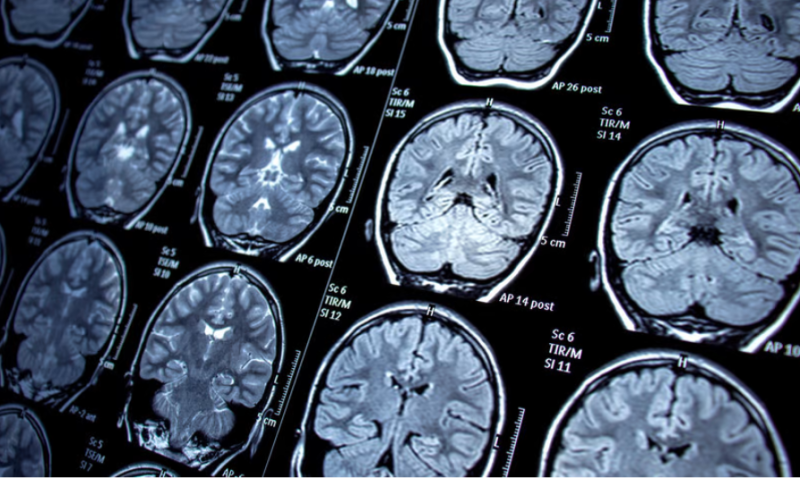Google Cloud is rolling out a set of tools specifically for digital imaging, designed to make diagnostic data more accessible and interoperable.
The company’s Medical Imaging Suite will also serve as a gateway for the development and implementation of artificial intelligence programs for quickly parsing patient scans and potentially finding hidden details.
“Google pioneered the use of AI and computer vision in Google Photos, Google Image Search and Google Lens, and now we’re making our imaging expertise, tools and technologies available for healthcare and life sciences enterprises,” Alissa Hsu Lynch, Google Cloud’s global lead for medtech strategy, said in a release.
According to the company, imaging data make up about 90% of all healthcare information today, with billions of scans per year, and the number of images linked with patients’ charts is only expected to grow—representing an increasing workload for radiologists and specialists trained to interpret each case.
To start, the Medical Imaging Suite will include cloud-based file storage using international imaging standards and secure data exchanges. Google Cloud partnered with Change Healthcare—acquired this week by UnitedHealth Group, following federal probes—to work with its web-based picture archiving system for radiologists.
In addition, the suite will tap AI-assisted annotation tools from Nvidia and MONAI to help label medical images while allowing users to build custom training data sets for machine-learning models based on their repositories.
According to Google Cloud, those tools are starting to be used at New Jersey-based Hackensack Meridian Health, which aims to de-identify patient scans and build algorithms for predicting the potential for metastasis among people with prostate cancer.
“We are working towards building AI capabilities that will support image-based clinical diagnosis across a range of imaging and be an integral part of our clinical workflow,” said Sameer Sethi, Hackensack Meridian’s chief data and analytics officer.
Hologic, meanwhile, has been working with Google Cloud to support its AI-driven cervical cancer screening program since early 2021.
The medtech’s CE marked Genius cytology system digitally stacks 2D images of a patient’s cells to provide additional visual depth to glass Pap test slides and uses AI to select the scans that may be the most relevant to spotting precancerous lesions and signs of cervical tumors. Now, Hologic plans to expand the platform’s capabilities through the latest imaging suite, the companies said.

